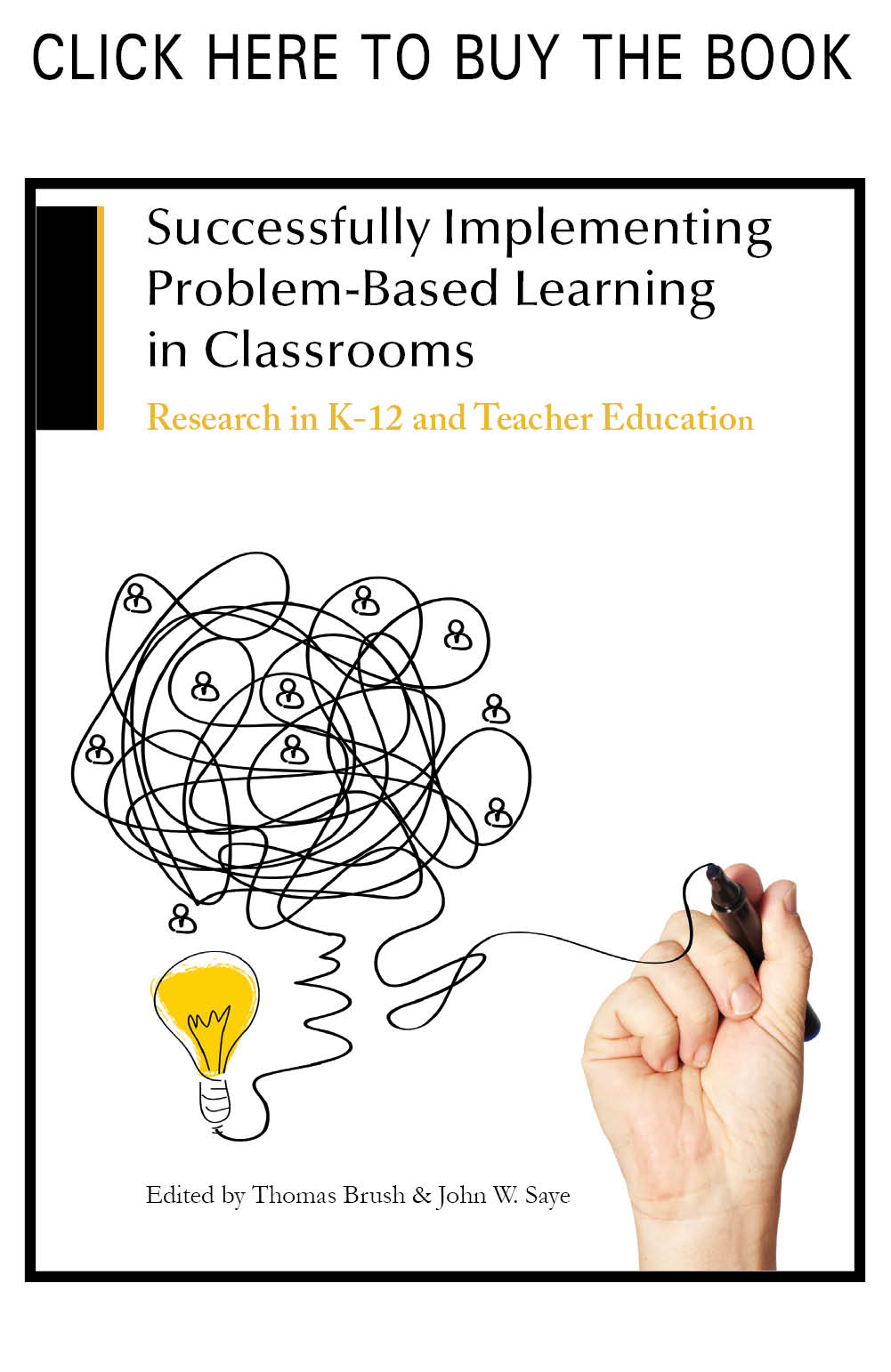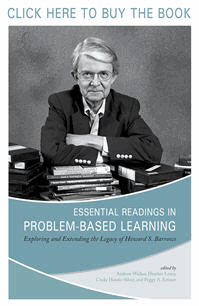Abstract
There has been much recent discussion about student engagement in higher education, and in the last few years a number of authors have undertaken extensive international research on the topic, which has been summarized in a number of literature reviews. However, to date, there has been relatively little in-depth exploration of student engagement in problem-based learning (PBL) or the impact of different forms of engagement on distinct forms of PBL. Drawing on a number of studies over the last 15 years, this paper argues that student engagement in PBL can be troublesome as both a concept and a practice. It also suggests there are 4 transdisciplinary threshold concepts that have an impact on student engagement with PBL: liminality, scaffolding, pedagogical content knowledge, and pedagogical stance. The paper argues that by acknowledging these transdisciplinary threshold concepts and working with them, facilitators will be able to enhance student learning in PBL across disciplines, contexts, and diverse forms of PBL.
Recommended Citation
Savin-Baden, M.
(2016). The Impact of Transdisciplinary Threshold Concepts on Student Engagement in Problem-Based Learning: A Conceptual Synthesis. Interdisciplinary Journal of Problem-Based Learning, 10(2).
Available at: https://doi.org/10.7771/1541-5015.1588




